Why rich people in US are more likely to steal from self-checkout.

Experts point out that "shoplifting is only a superficial issue. Deep down there are often hidden layers of unresolved grief, past trauma, abuse, and buried memories." These psychological wounds are not always associated with distant events, and recent life disorders such as divorce, bankruptcy or the death of a family member can sometimes be a catalyst for a shoplifting. "For these individuals, theft turns into a form of self-medication. It becomes the adaptation mechanism they chose.
Show key points
- Experts suggest that shoplifting often stems from deeper psychological issues like trauma, grief, or emotional distress rather than simple criminal intent.
- In some cases, individuals use theft as a coping mechanism or form of self-medication to deal with recent life disruptions such as divorce or loss.
- Not everyone agrees that theft is psychologically motivated, with some attributing it to greed or a desire for excitement, particularly among the wealthy.
- ADVERTISEMENT
- Psychological studies reveal that people with higher wealth and status often display more unethical behaviors, including shoplifting and cheating.
- Research shows that stronger community ties and fear of social disgrace among low-income individuals can reduce unethical behavior like theft.
- Wealth can foster entitlement and a belief in immunity from consequences, contributing to risk-taking and moral flexibility.
- The rise of self-checkout systems in retail may encourage shoplifting by reducing direct supervision and tempting some to exploit the lack of oversight.

Psychologists call this maladaptive behavior: illogical theft from stores, or theft that does not seem to be motivated by need or desire. When news of a theft by a celebrity appears in newsfeeds, depression, trauma and stress are often put forward as triggers However, not everyone thinks that illogical theft from stores is just a cover for other things or a coping mechanism.
Recommend
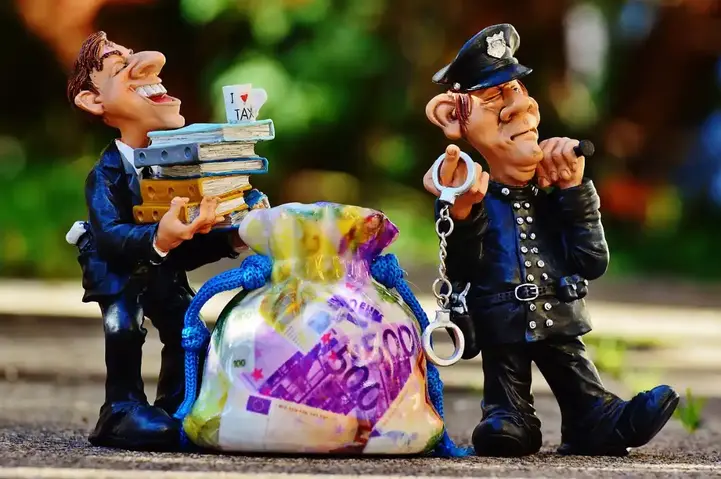
Why buy it if you can steal it?" some are convinced of the greed of the wealthy, and disregard all the data to exonerate: "There is always an attempt to attribute criminality to circumstances external to the individual or to psychological disability. It is an unconscious "cry for help," or that the person is seeking psychological punishment. These theories are old and expendable.
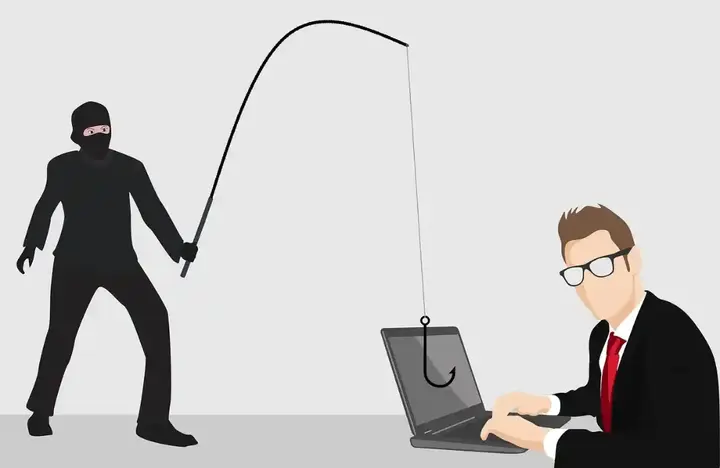
There is a high probability that you know someone who has enough money to buy the commodity, and then find that they have taken it just for the sake of excitement, in order to outperform the traditional organization. This was all about excitement and building one's misguided self-worth.
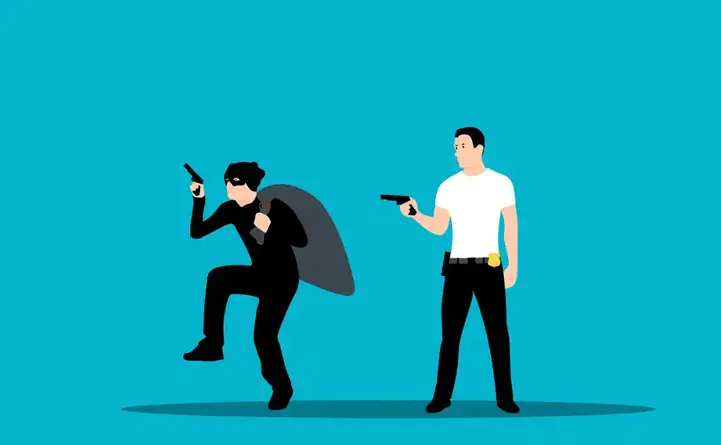
The field of social hierarchies in psychology delves deep into how wealth, power, and privilege affect behavior and social interactions. Research in this area consistently shows interesting patterns: individuals with higher wealth and status often exhibit unethical behaviors, including a greater tendency to cheat and steal, than those who are poor.
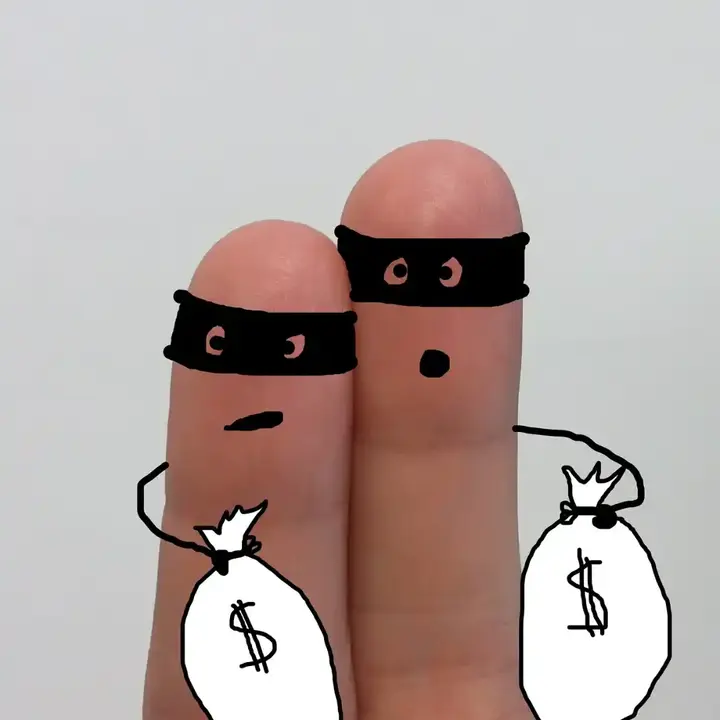
Well-known experiments show that drivers of luxury cars were less compliant with the rules at a busy intersection compared to drivers of cheaper or older cars. The "candy experiment," conducted by a group of researchers from the University of Michigan, observed that wealthy people take twice as much candy from a children's jar than people with less wealth.
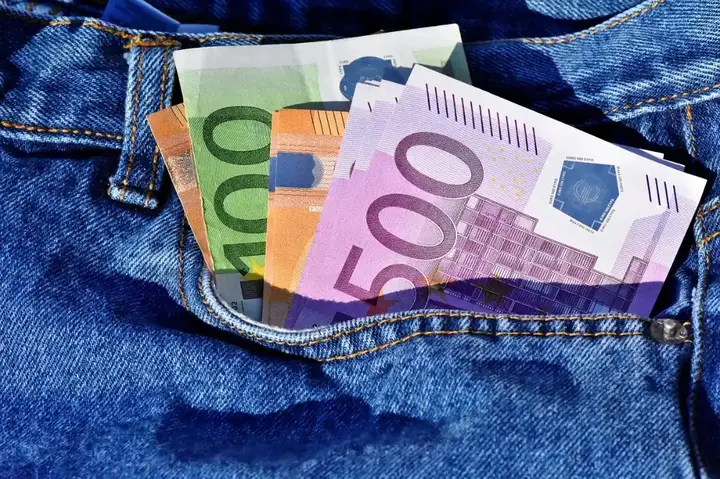
Another troubling theory that explains the different behaviors between income groups suggests that low-income people are less likely to cheat and steal because they are more interested in their communities and fear being publicly humiliated.
Studies in social psychology suggest that low-income people often have stronger local community networks. These networks can promote a sense of belonging and accountability, discouraging behaviour that can harm society or damage one's reputation within it.
Having strong community ties can actually reduce the likelihood of theft and other unethical behaviors. Close-knit communities often provide role models and guidance, which can guide younger or more vulnerable members toward positive behaviors and away from acts such as theft.
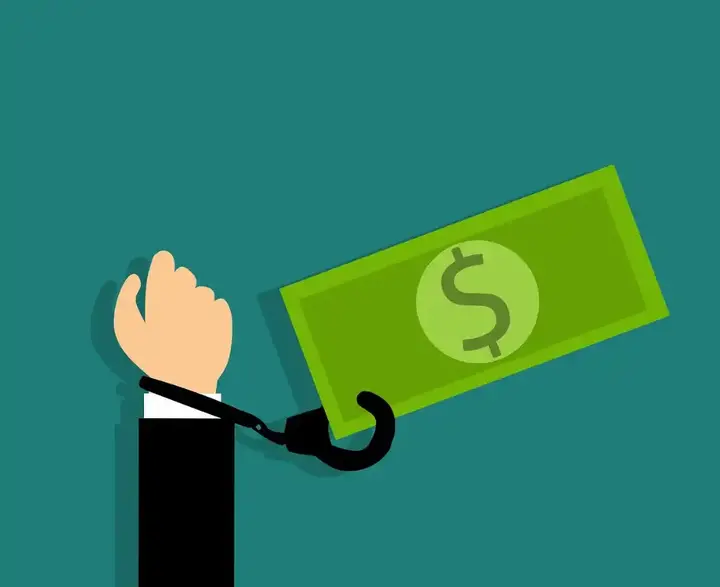
Conversely, the rich harbor feelings of entitlement and self-interest, which destabilizes their moral compass.
Wealth creates a sense of privilege and faith in one's immunity from consequences. Wealthy individuals may believe that their status provides them with a certain level of protection from the legal and social repercussions that others may face.
The process of acquiring wealth, especially for self-made individuals, often involves taking significant risks. Such firm risk tolerance may extend to moral boundaries.
The most common situation is that rich and poor people are treated differently when they make mistakes. Real-life cases in which the wealthy appear to receive more lenient treatment in the justice system are not uncommon. This trend can be seen in several high-profile cases, where wealthy individuals or those of high social status appear to face lighter consequences for similar crimes than their less affluent counterparts.

Finally, does self-payment encourage shoplifting?
In fact, self-checkout scenarios in stores typically involve less direct supervision compared to traditional cashier-run aisles.
Setting up self-payment can affect behavior, as most people follow standards and rules, and some people may be tempted to exploit the system, at which point the difference appears.








